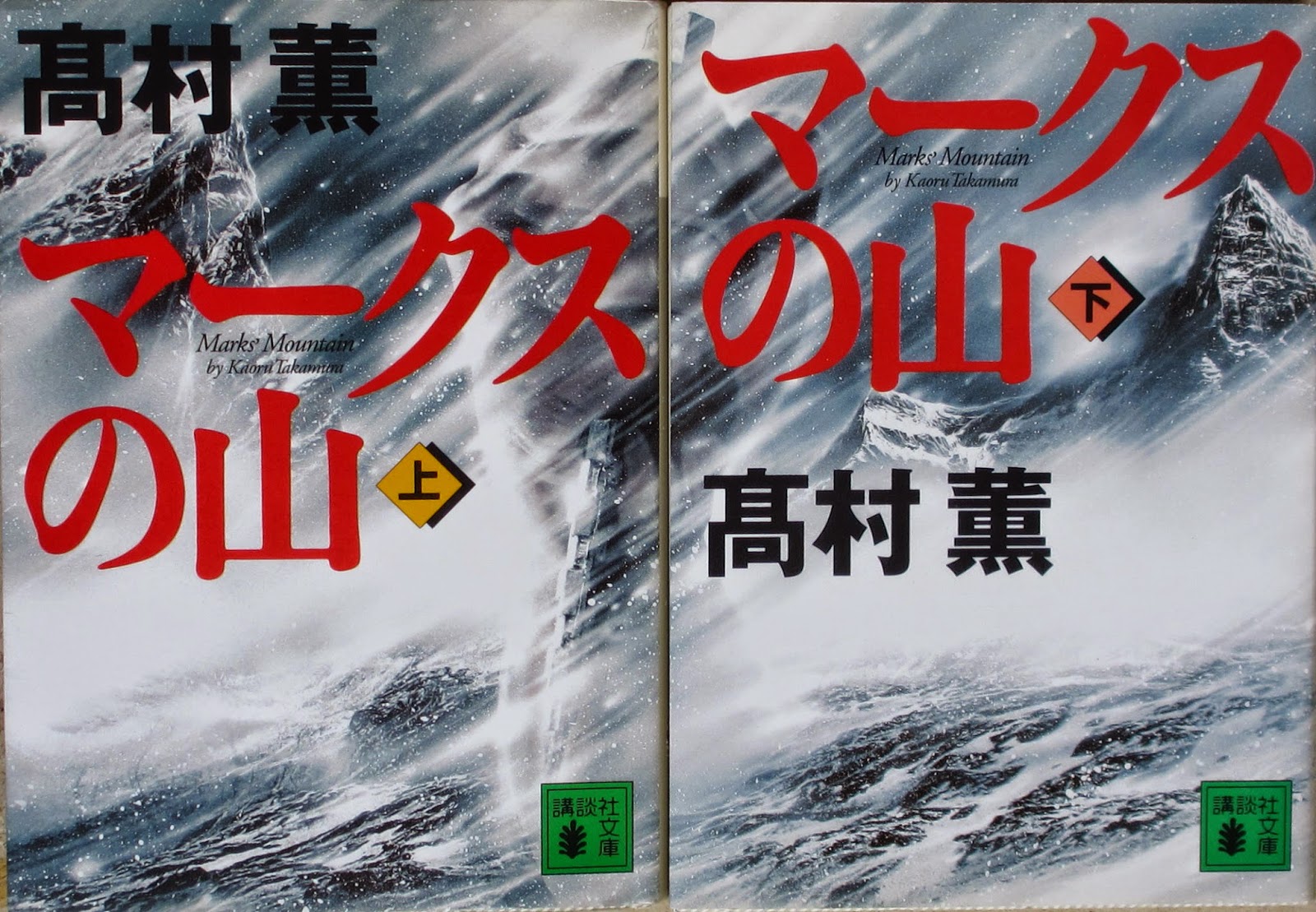The start of the story is a killing near Kitadake in the Japanese Alps. The killing is no mystery. A drunk living in the hills had hallucinated a wild animal and beat it to death, then woken the next day to find the dead body of a climber. The police close the case, leaving as an unsolved mystery what had brought the victim to his killer's door in the middle of the night. A few days earlier in the same area, a young boy had escaped from an attempt at family suicide on the same mountain. His surviving relatives take him in, but he has suffered brain damage from carbon monoxide poisoning. It is only in 1989 that another body is discovered, a skeleton on the mountain above where the first victim had died. Four years later in Tokyo, a series of brutal murders seem to have some connexion to the killings in the mountains. Different investigations in different parts of the city gradually come together, pursuing the boy from the suicide attempt and a group of now influential former students, who had been in a university mountain climbing club back in the seventies.
The story is a kind of police procedural, and although there are elements of mystery, we get to the answers in the course of the investigation rather than finding them for ourselves. We follow various points of view, including the killer; but the great majority is seen through the eyes of a Tokyo policeman, GOUDA Yuuichirou (合田雄一郎). There is a lot of internal politics in the story, as the different parts of the police and the public prosecutors fail to cooperate with each other. A lot of the narrative is taken up with meetings or with travelling to and fro across Tokyo by taxi or underground. I don't find either meetings or travelling by underground very exciting, so there were times when I thought that the story could easily have been a couple of hundred pages shorter. But it has perhaps the cumulative effect of letting us share almost every moment of Gouda's investigation, as he and the rest of the team pursue every possible link, often catching just a couple of hours sleep at the police station before starting again. Despite the emphasis on detail, the story is not conventionally realistic, building the plot around a large number of coincidences (or the work of destiny, as the investigating detectives call it towards the end of the book). You could see it as an attempt to write the police procedural as an epic, a tragic one, with many victims either of their own bad decisions or of cruel accidents of life.

No comments:
Post a Comment